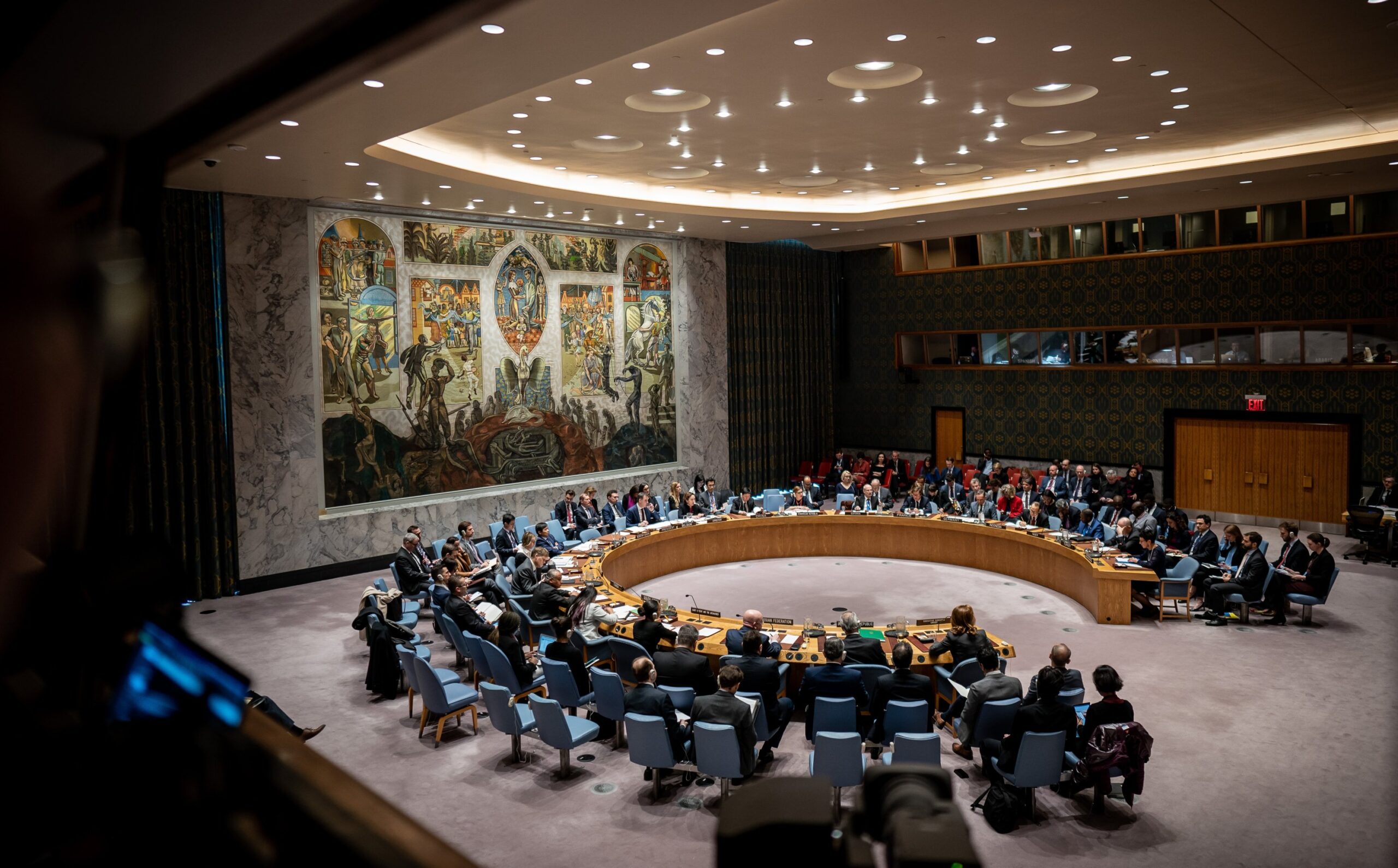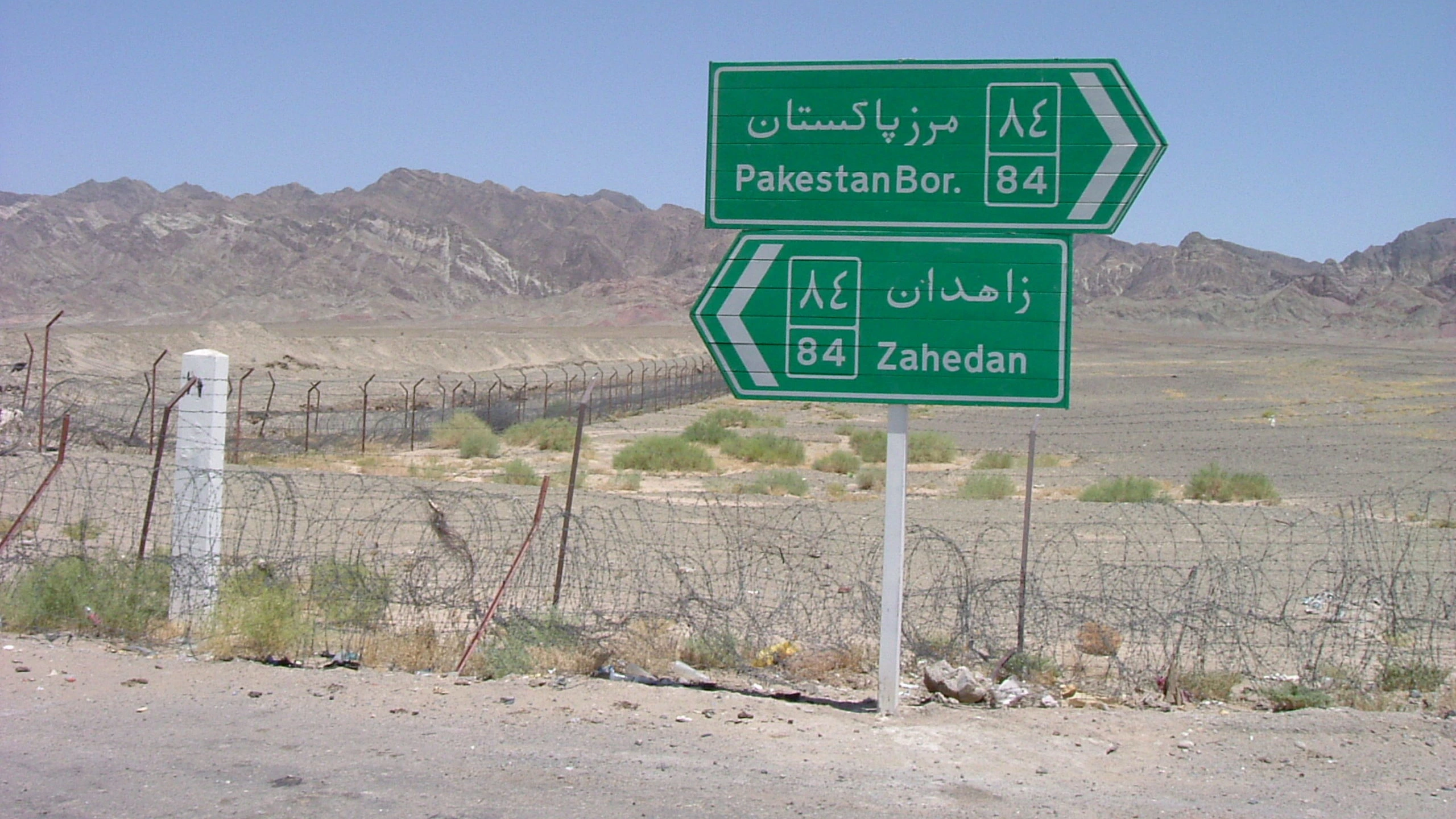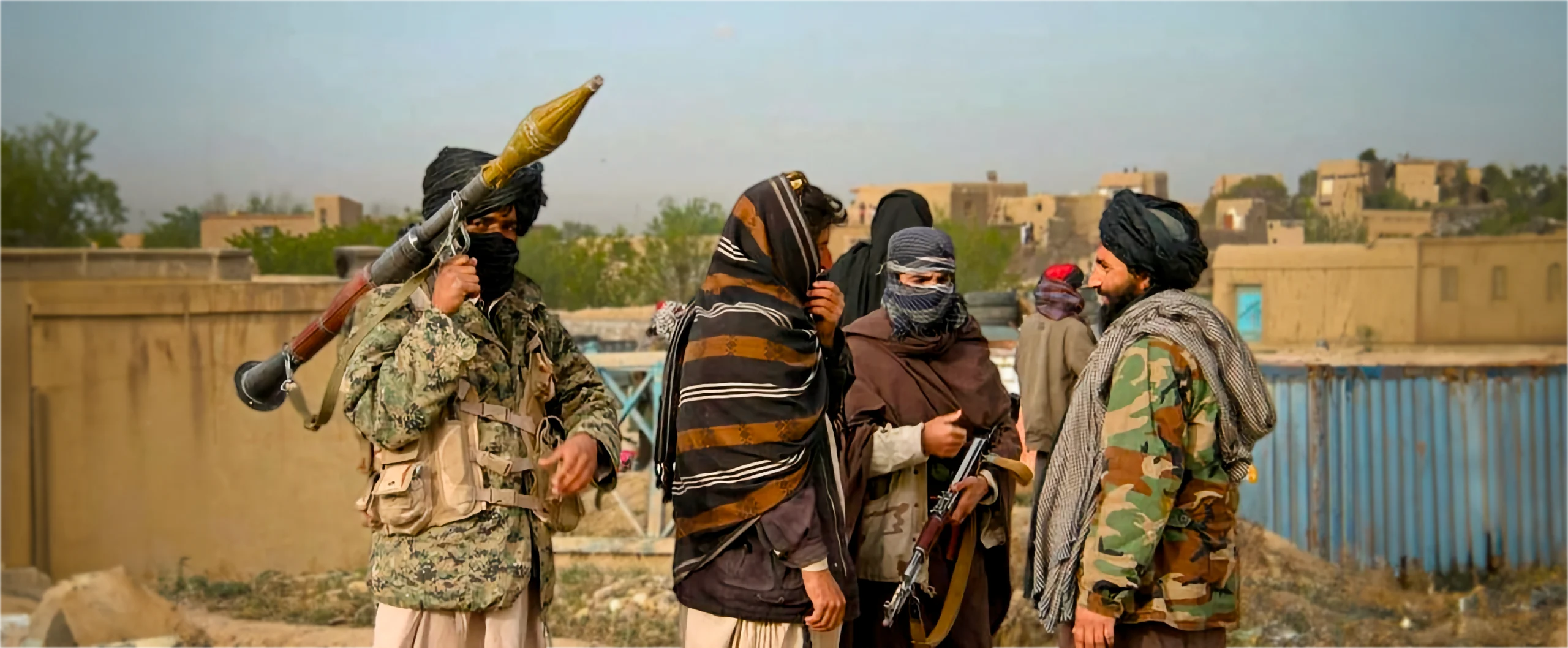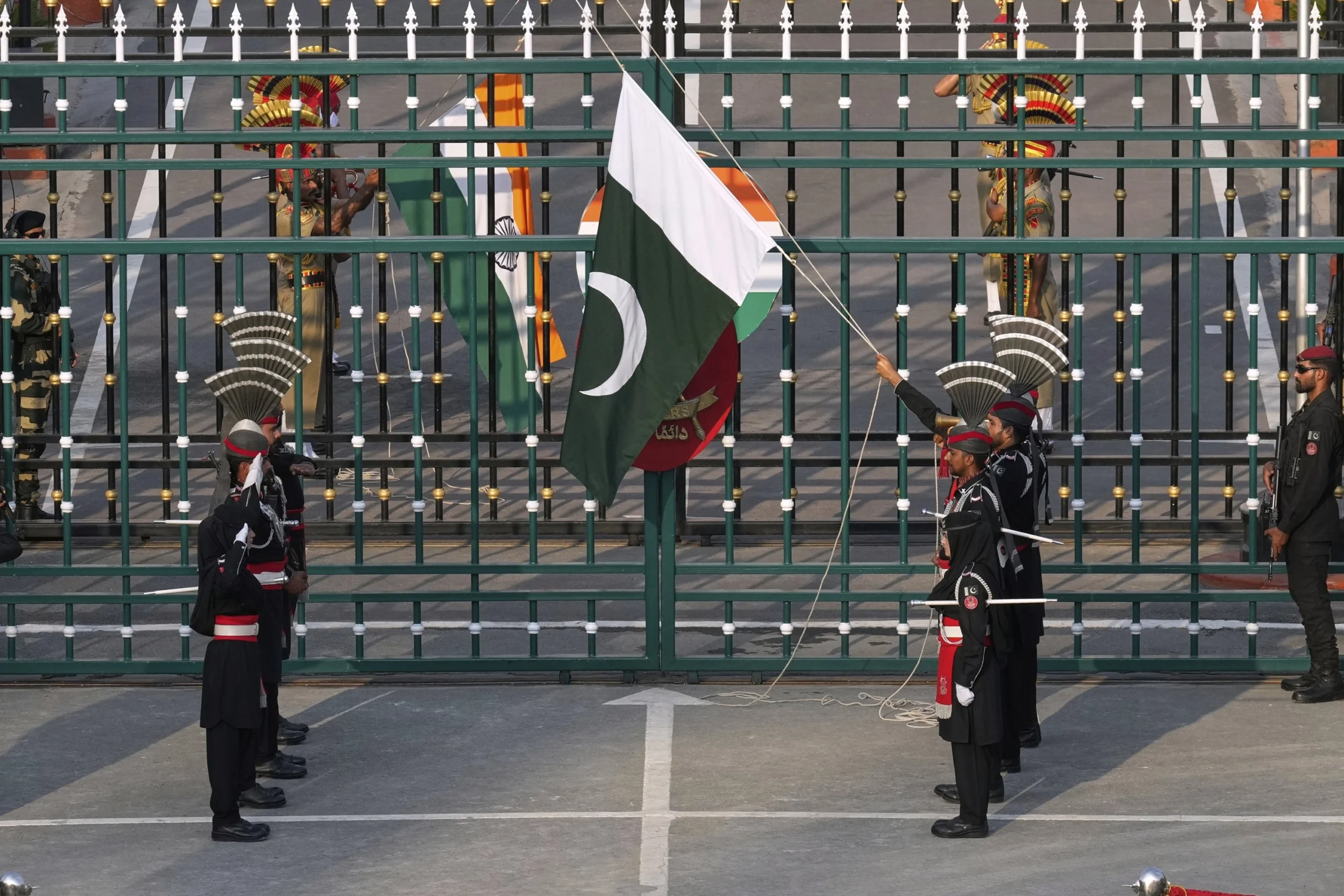
UNSC Briefing: Pakistan Warns of Afghan Safe Havens, State Terrorism, and Digital Radicalization
At the UN Security Council, Pakistan’s envoy delivered a powerful critique of the global counterterrorism framework. Citing its sacrifices, he warned of new threats from Afghanistan, state-sponsored violence, and digital radicalization. His call: a principled, unified, and consistent global response.









